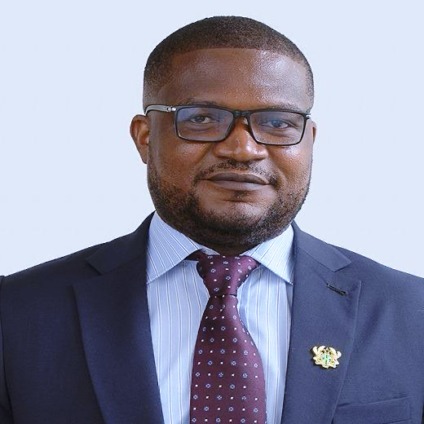The Minerals Commission has stated that the government’s decision to reject the lease extension for the Damang Gold Mine should not be seen as a setback but as a pivotal moment for Ghana’s natural resource management.
Isaac Andrews Tandoh, Deputy Chief Executive Officer of the Minerals Commission, emphasized that this decision presents Ghana with a unique opportunity to redefine the direction of its extractive industry and assert more national control over its mineral wealth.
“For far too long, our nation has watched as immense wealth is drawn from our soil, yet local communities remain underdeveloped, and the benefits to the state fall short of what is just and sustainable,” Isaac Tandoh said in a statement cited by Joy News. “This moment gives us the chance to reset those dynamics.”
Tandoh’s comments reflect the growing calls from figures like former Chief Justice Sophia Akuffo, who has advocated for a comprehensive review of Ghana’s mining laws and agreements. Justice Akuffo has criticized many of the existing arrangements as “neo-colonial” and joined a wider continental sentiment that Africa should reassert ownership of its natural resources.
Citing the example of Burkina Faso’s recent move to nationalize several gold operations, Isaac Tandoh urged Ghana not to be left behind in the ongoing shift towards greater resource sovereignty in Africa.
“This is not a crisis, it is a clarion call, and we must now prioritize Ghanaian investors and consortia who have the capacity and commitment to operate responsibly and reinvest in our communities. This is about long-term national interest, not just short-term revenue,” he stated.
To guide Ghana’s next steps, Isaac Tandoh outlined a three-point proposal:
The Ministry of Lands and Natural Resources should prioritize Ghanaian-led bids in future mining lease reassignments.
A moratorium should be placed on new large-scale foreign mining contracts until a comprehensive review of Act 703 and all existing agreements is completed.
A Ghana Minerals Sovereignty Fund should be established to reinvest profits from national mining assets into infrastructure, education, and healthcare in mining communities.
Tandoh stressed that this moment calls for bold vision and strategic partnerships with indigenous entrepreneurs who are committed to the country’s future.
“Ghana deserves to benefit fully from its natural wealth. We must rise with a renewed sense of purpose and reclaim the dignity and dividends of our land,” he added.
While the decision on Damang signals a shift in government posture, it could also have wider implications for foreign investment in Ghana’s mining sector. However, officials have made it clear that the priority is to align extractive activities with national development goals and ensure a fairer share of benefits for the Ghanaian people.

